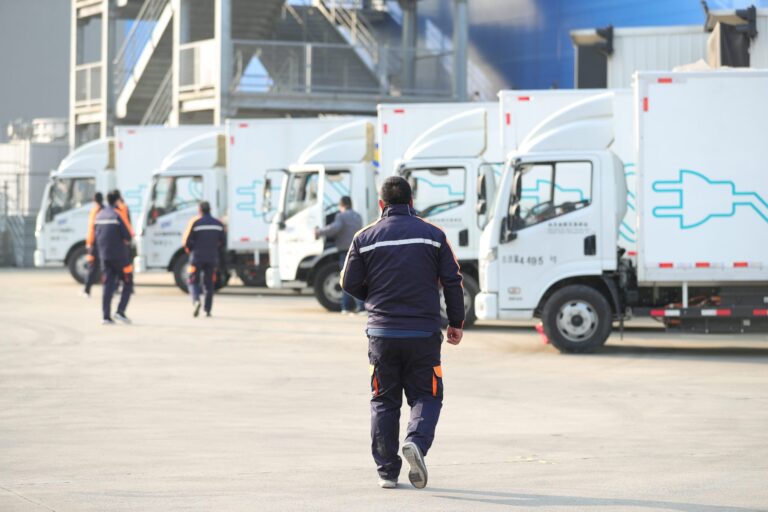Angela Hultberg, head of sustainable mobility at Ingka Group (the largest IKEA franchisee with 375+ stores across 30 markets) reflects on the environmental impact of e-commerce in cities across the world.
Long gone are the times where everybody shopped in the same way, at the same place. Today one in seven purchases worldwide are made online and e-commerce is a US$3.5tn (£2.66tn) industry, rising by more than a fifth every year.
E-commerce could be a force for good, leading to lower environmental impact as customers shop from their living rooms rather than going in a car to compare offers between stores. Using home deliveries instead of each customer going by car to pick up their goods can certainly be more sustainable, especially if considering electric vehicles, consolidation and route optimisation. But is that really what is happening?
Consumer expectations are changing along with their shopping behaviour. Customers expect deliveries to be fast, cheap (or free) and convenient. Even returns should be free. These expectations are in part created by the retailers; in a world where you need to attract customers it’s tempting to set yourself apart by offering things fast and cheap. But what does this mean for the footprint of e-commerce? Are we setting up a system where we not only miss out on the potential environmental benefits from e-commerce, but are in fact creating even bigger problems?
According to a new report from the World Economic Forum and the World Business Council for Sustainable Development, the number of delivery vehicles in the top 100 cities globally will increase by 36% until 2030. Consequently, emissions from delivery traffic will increase by 32% and congestion will rise by over 21%, equalling an additional 11 minutes of commute time for each passenger every day. Cities are responsible for 70% of global emissions, to which delivery vehicles add disproportionately high amounts compared to passenger cars. At the same time, air cargo business is expected to more than double by 2025 according to the International Air Transport Association.

A number of cities predict that, if no interventions are made, inner-city traffic will be seriously disrupted in the next three years. Some might argue that inner-city life altogether is already seriously disturbed with cars slowly inching their way forward and delivery vans double or even triple parked while packages are being deliveries. All while air pollution continues to cause almost 10 million premature deaths every year.
The situation is unsustainable. And in that lies a great challenge, and a formidable opportunity. Instead of retailers acting out of a sense of urgency to secure capacity, we must all take a step back and see how we can cater to this new reality in a way that is sustainable for people, planet and business alike. We must offer services that are both convenient and sustainable and do so in an affordable way. And if we are really serious about doing that, we must focus two things; collaboration and new ways of working.
It’s about challenging our own ways of working and finding the right partners to work with. Retailers cannot keep delivering goods in the same way we did 20 years ago when the world around us has drastically changed. We must take this opportunity to do better.
We must deploy electric vehicles and make sure the energy we procure is green. We must find ways to reduce damages and returns, so we avoid miles driven. We must make sure we don’t use more material than we need in packaging, and we must make sure the material we use comes from sustainable sources. There are solutions already on the market today, we just need to actually use them, and work together to make them better. Innovation will help, but we cannot wait for perfect solutions.
As the IKEA founder Ingvar Kamprad once said, “most remains to be done”. It was true 75 years ago, and it is true today. We need to act today, to take the best solution we can find, deploy it, then work to make it better. We cannot wait for perfect solutions; we must get going. Action speaks. We just need to get serious about what we want to say.





